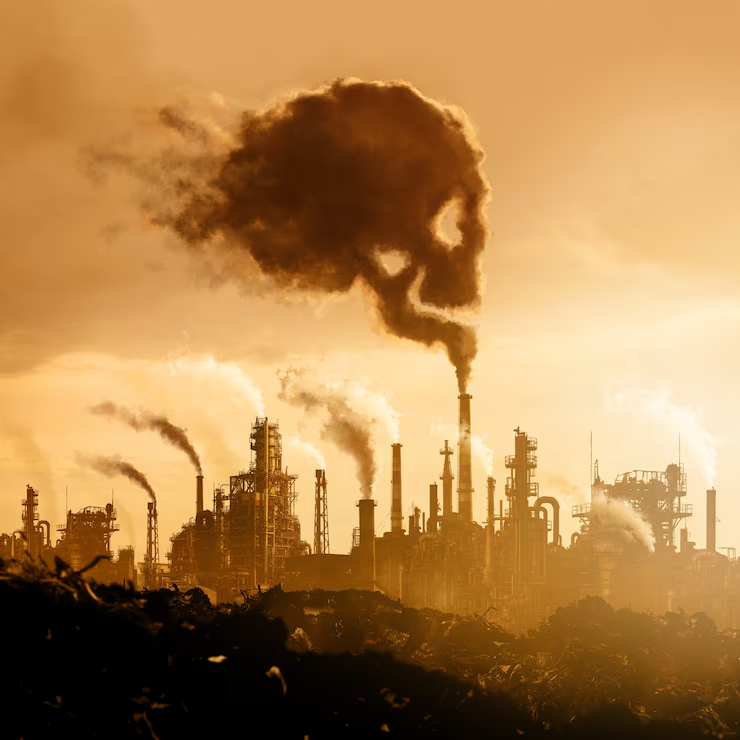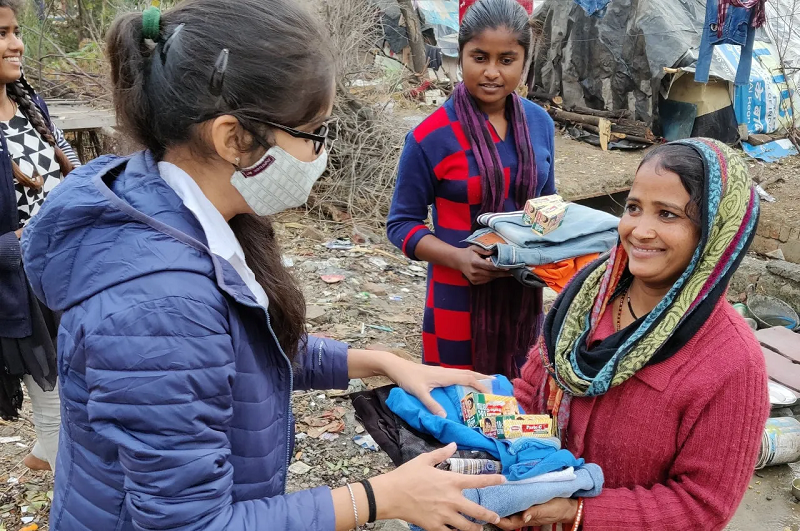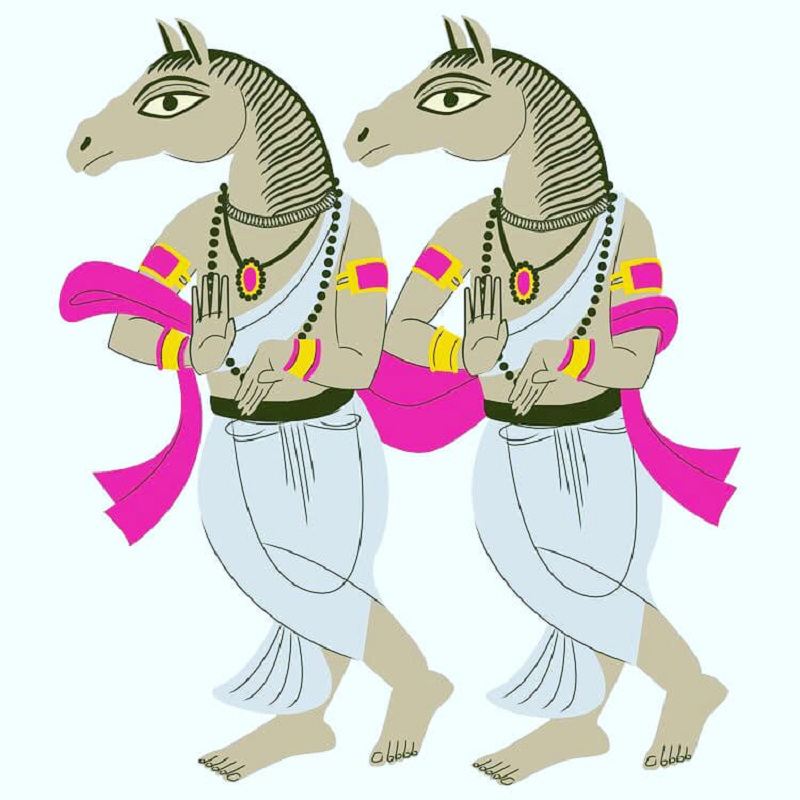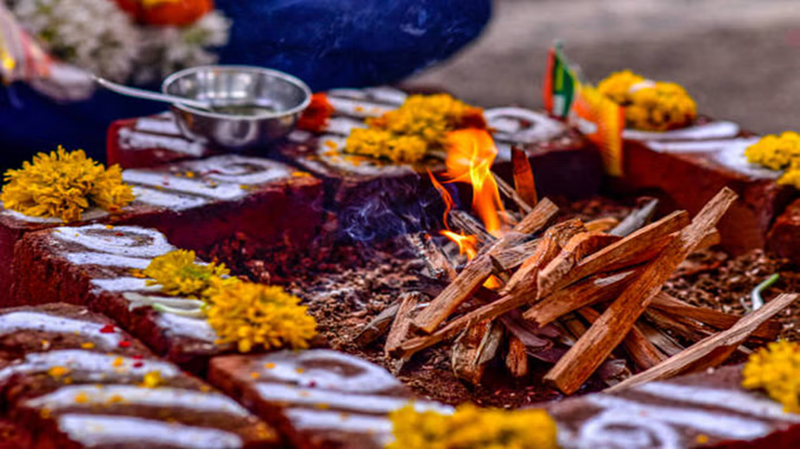Air pollution has become a serious health crisis for India today. In the year 2021, about 21 lakh people died in India due to air pollution, in which not only asthma but also heart attacks, strokes, and even increasing BMI (body mass index) in children are having a deep impact. Dr. Sandeep Salvi, a renowned pulmonologist from Pune and head of the Indian Chest Society, recently shared his views on the dangerous effects of air pollution and measures to prevent it.

According to a TOI report, Dr. Sandeep Salvi said that air is a life-giving element for us, from which we get 90% of our energy. We breathe about 10 thousand liters of air daily and the size of our lungs can expand as much as a tennis court. Lungs are made for clean air, but they also contain dangerous elements like nitrogen dioxide, sulfur dioxide, ozone, and PM2.5. These elements enter the blood and start accumulating in various parts of the body, which increases the risk of serious diseases related to breathing, heart, and brain. Dr. Salvi explains that many times the cause of sudden heart attack and stroke is not only food and lack of exercise, but also air pollution.
Horrific expansion of air pollution in India
Dr. Salvi explains that about 98% of Indians live in places where the level of air pollution is much higher than the WHO standards. The country's capital Delhi is counted among the most polluted cities, but the situation is also terrible in many other cities of North India.
Are only Diwali crackers the cause of pollution?
During Diwali, crackers increase air pollution, but it would be wrong to blame only them for it. Vehicle smoke, construction work, and the burning of garbage also play a major role in pollution. Due to cold air on Diwali, pollutants remain close to the ground, which increases respiratory problems even more. After Diwali, a two to three-fold increase in cases of respiratory diseases has been seen in Delhi.
Air pollution and obesity link
A study has shown that long-term exposure to air pollution can cause high BMI in children. Asthma rates were found to be higher in children in Delhi than in cleaner cities and obesity levels were also higher. Air pollution blocks the body's internal processes, which can lead to diseases like asthma and obesity.
Measures to prevent air pollution
Dr Salvi says that to avoid air pollution, we should practice wearing masks like COVID-19. Schoolchildren, motorcyclists, and rickshaw pullers should make it a habit to wear masks all the time. By wearing a two-layered cotton mask and a layer of silk or chiffon between them, it can be as effective as N95. Apart from this, cleaning the nose twice a day, maintaining hydration, and consuming antioxidants present in fresh fruits and vegetables can also provide relief. Indoor plants should be planted at home which absorb pollutants from the air.
(PC: Freepik)










